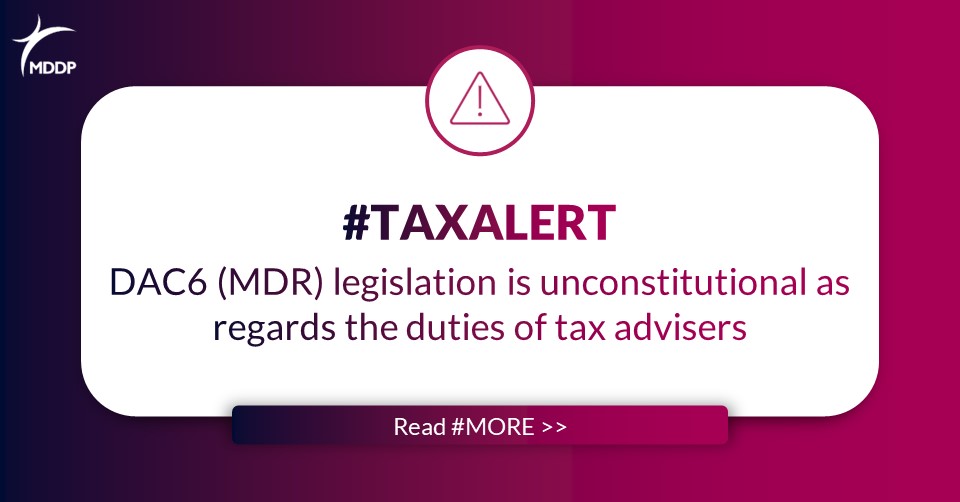
DAC6 (MDR) legislation is unconstitutional as regards the duties of tax advisers
DAC6 (MDR) legislation is unconstitutional as regards the duties of tax advisers The Constitutional

SLIM VAT 2 is an amendment to the VAT Act introducing changes in the following areas among others:
Recent changes in VAT often cause more uncertainty for taxpayers, although they were intended to serve as simplification in response to taxpayers’ problems.
The SLIM VAT 2 package involves a number of changes that may result in your company in:
Above all, however, the new regulations pose a challenge to persons in charge of appropriate recognition of business transactions in tax settlements of entities.
Compliance of settlements with the latest regulations, in particular in relation to the successive changes as regards corrective invoices
Clarity on complex business transactions difficult to classify related, for instance, to supplies involving several entities in the chain or sales to the UK
Ability to recover interest paid as a result of applying the so-called "separate recognition” effective prior to SLIM VAT 2 with regard to ICA and importation of services
Your company's awareness of the “weaker sides” of the new regulations and the problems that may arise from them in your tax returns
Taking advantage of the possibility of applying the new bad debt relief regulations and recognising input tax after the period set for invoice recognition on an ongoing basis.

Partner | Tax adviser | Head of the VAT PracticeE: tomasz.michalik@mddp.plT: (+48) 501 733 720

Partner | Tax adviserE: janina.fornalik@mddp.plT: (+48) 660 440 141

DAC6 (MDR) legislation is unconstitutional as regards the duties of tax advisers The Constitutional

MDDP advised Xior Student Housing on PBSA Transaction MDDP advised

Increasing globalization is connected with not only threats but also